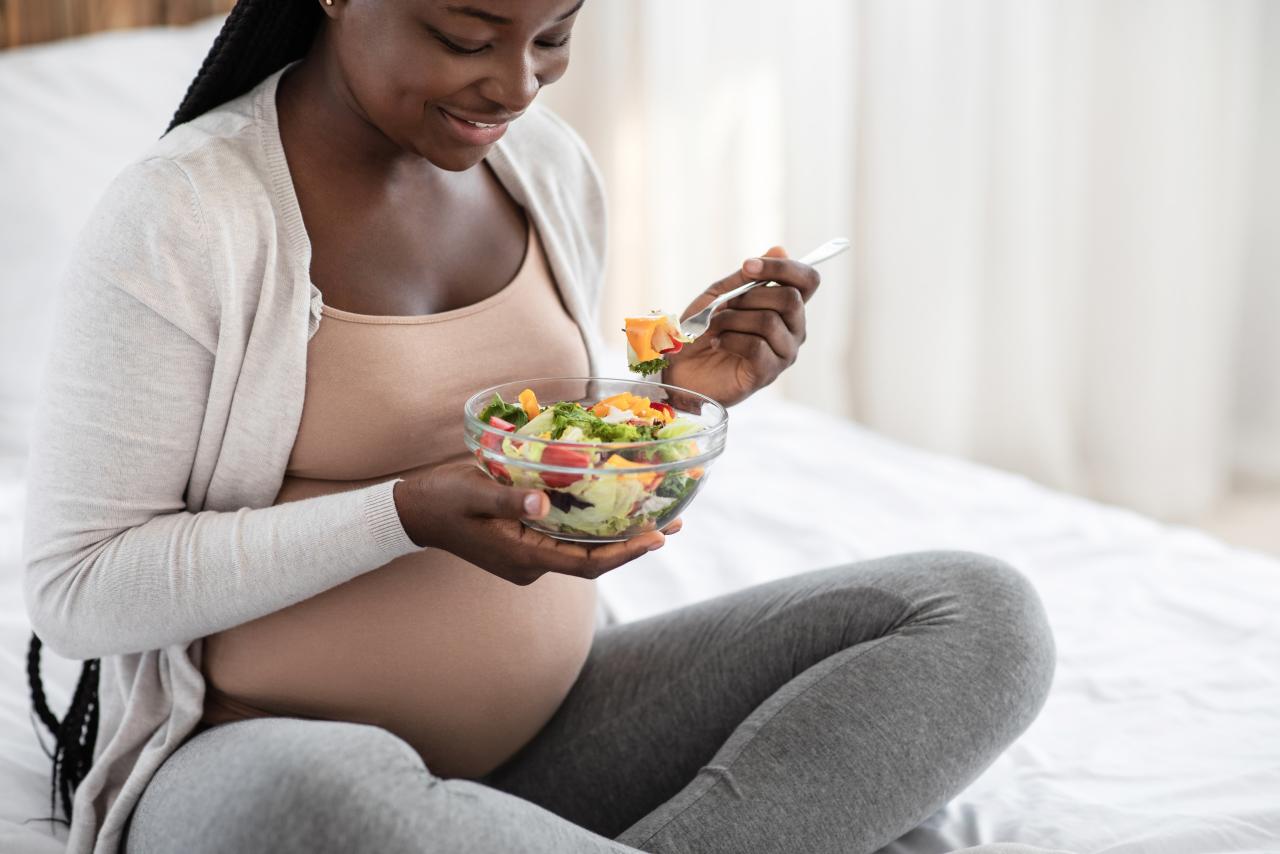Resource
Keeping baby and you healthy

Making healthy choices in pregnancy gives you the best chance of having a healthy baby. Eating well, getting regular physical activity, seeing your health care providers and having a strong support system are all important to having the healthiest pregnancy possible.
Abuse and domestic violence
If you or someone you love is in danger, call 9-1-1
Pregnancy and new parenthood can be a time when domestic abuse (intimate partner violence) increases. Nobody has the right to threaten you, or verbally, emotionally, sexually or physically abuse you. If this is happening to you, it's also harming your children, even if they aren't being abused. You must get help. Clear your browser history after, if needed.
- Call VictimLink BC at 1-800-563-0808. The line is completely confidential and open 24/7. Someone is waiting to talk to you right now.
- Gender-Based Violence, Sexual Assault, and Domestic Violence - BC Gov
- Women’s transition housing and supports program - BC Housing
Warning signs of abuse
You or the person you love is:
- Apologetic and making excuses for their partner's aggression/anger
- Nervous when their partner is around
- Often sick or missing work
- Seems to be "accident prone" with lots of bruises that they try to cover
- Sad, lonely, withdrawn
- Using drugs or alcohol to cope
Your (loved one's) partner:
- Puts you/your loved one down
- Does all of the talking and dominates the conversation
- Checks up on you/your loved one all the time, even at work
- Tries to act like the victim; blames you/your loved one for the abuse
- Tries to keep you/them from seeing friends and family
- Acts as if they own you/your loved one
- Acts like they are superior and have more value than you/your loved one
Healthy eating during pregnancy
Three tips for healthy eating during pregnancy
- Find food support if needed. If you are finding it difficult to provide healthy, nutritious food for yourself or your family due to low income, visit the resources page for food program in your area.
- Eat healthy foods during pregnancy, which will give your baby the best chance to grow and develop well. Some nutrients are especially important, such as folate, iron, calcium, vitamin D and omega 3 fatty acids.
If you're in your second or third trimesters, you will likely need to eat two or three extra servings per day. However, everyone is different and you may have unique needs or considerations. Talk to your health care provider about healthy eating during pregnancy, call HealthLink BC at 8-1-1 and ask to speak to a dietician or review resources below.
- Don't worry about your weight. Pregnancy is not a time to worry about your weight. Weight loss and dieting are not recommended. Instead, focus on eating healthy foods and drinking plenty of water. You can learn more about weight gain guidelines at different stages of pregnancy on the Healthy Families BC website.
Healthy eating during pregnancy resources
-
-
Dietary sources for essential nutrients
Dietary sources for essential nutrients during pregnancy from Healthy Families BC.
-
Healthy eating when pregnant and breastfeeding
Canada's Food Guide
-
Nutrition during pregnancy
HealthLink BC
-
Food safety during pregnancy
Healthy eating guidelines for food safety during pregnancy - HealthLink BC
-
Mercury in fish
HealthLink BC
-
Nausea and vomiting during pregnancy
HealthLink BC
-
-
-
Folate and neural tube defects
Pregnancy and nutrition: Folate and neural tube defects - HealthLink BC
-
Omega-3 fatty acids and fish during pregnancy
Government of Canada
-
Iron and pregnancy
Government of Canada
-
Folic acid and neural tube defects
Government of Canada
-
-
-
Dietary sources of essential nutrients
Dietary sources of essential nutrients during pregnancy - Healthy Families BC - Healthy Families BC
-
Healthy weight gain during the second trimester
Healthy Families BC
-
Weight gain in the third trimester
Healthy Families BC
-
Kick counting
Counting kicks is easy, important, a great way to bond with your baby, and most importantly, it could save your baby's life! There is no magic number of movements a mother should feel. Monitor your baby's movements every day so you will know what is normal for your baby.
Remember:
- Babies do not run out of room to move. They will run out of room for somersaults but should move all the way up to and during labour.
- Call right away if you notice a change in your baby's movement pattern. Even if you have an appointment scheduled for the next day, do not wait.
How to start kick counting
When you start your 3rd trimester, it’s time to start counting.
- Count the kicks every day, preferably at the same time.
- Pick your time based on when your baby is usually active, such as after a snack or meal.
- Make sure your baby is awake first. Walking, pushing on your tummy or having a cold drink are good wake-up calls.
- To get started, sit with your feet up or lie on your side. Count each of your baby's movements as one kick, and count until you reach 10 kicks.
- Most of the time it will take less than a half-hour, but it could take as long as two hours.
- Log your recorded times – try the Count the Kicks App.
Avoid alcohol, smoking and other drugs
Alcohol
There is no safe amount to drink during pregnancy. Every time you drink, your baby does too. Alcohol during pregnancy can lead to Fetal Alcohol Spectrum Disorder (FASD). FASD means serious developmental, emotional, and physical consequences for your baby.
Even if you drank before you knew you were pregnant, there is still time to stop drinking. The best thing you can do is to not drink at all. The second-best thing you can do is to stop today. Talk to your health care provider about your drinking and surround yourself with people who will support you in not drinking.
Smoking
Quitting smoking isn't easy. However, it's important to quit smoking as quickly as possible to help prevent miscarriage, birth defects, premature birth and the resulting complications, or stillbirth. Help is available and will improve your chances of quitting for good, so don't be afraid to reach out.
- Talk to your health care provider about options that might work for you
- Join a stop smoking program or support group
- Take advantage of VCH resources to help you stop smoking
- Get help at QuitNow
Medications and street drugs
Medications, marijuana, and street drugs can all be dangerous during pregnancy. Different drugs have different effects, but few are safe. If you used medications, marijuana or street drugs before knowing you were pregnant, you can still make different choices.
- Talk to your health care provider or pharmacist about any over-the-counter or prescription medications you want to take
- Avoid recreational marijuana use entirely. If you are taking medicinal marijuana, talk to your doctor about the risk factors. These include premature birth, low birth weight and developmental delays.
- Avoid street drugs entirely. Not only do you risk serious complications but your baby could be born addicted to the drug you take
Services to help support you
We are here to support you and will not judge you. Please reach out to one of our Vancouver Coastal Health (VCH) community programs below or call your Public Health Nurse for more resources:
- Substance use services for adults
- Substance use services for youth under 24 years of age
- Sheway program for pregnant women or those with children less than 18 months old
- Healthiest Babies Possible (HBP) programs in Vancouver and Richmond
Immunizations during pregnancy
Consider immunizations before, during and after your pregnancy. Before you are pregnant, make sure all of your immunizations are up-to-date. During pregnancy, it's recommended that you get a flu shot during flu season. After pregnancy, catch up on any missing immunizations.





